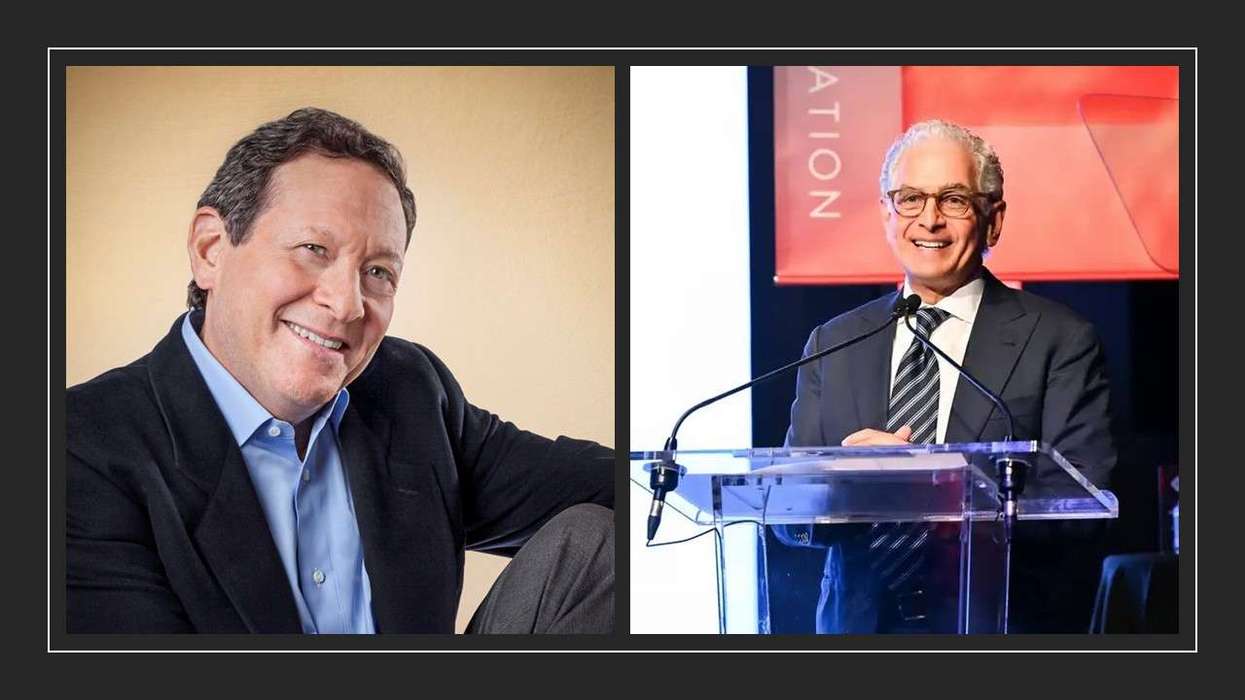“Copyright” can look like a familiar yet technical term to understand in its absolute sense. Mainly, if referred to in context with websites, this can be a term that most people might not know fully about.
To help you have complete knowledge about it, we will try to cover everything you need to know about website copyright in a comprehensive way for you to simplify all the legality that surrounds the term.
What is website copyright?
Website copyright is a legal authorization that gives the website owner the ultimate right over all the content. With the copyright, the website owner can sell or display their work in whatever regard on any platform.
Copyright does not apply to any or everything. But, the digital content uploaded on the website specifically falls under the category of intellectual property, so whatever information goes on can be covered as copyrighted property.
It could be the images you’ve uploaded, the blog posts you have created for your readers, or perhaps the website’s design.
How is a copyright applicable?
Getting your website copyright registration updated is more systematic than an automatic one. The day you get your copyright, the information on it to date can be claimed as copyright.
However, suppose you do not renew it and still keep uploading newer content in words, images, GIFs, or other states. In that case, it cannot be claimed under the initial copyright you have received.
Do you need a copyright?
If you are a website owner, you might come across the question of whether getting the website copyright is necessary to spend your time and energy on. However, there is no one size fits all answer to this.
If you have a certain kind of content on your website that can get you profits if sold, or content you’ve created with a lot of hard work and wouldn’t be acceptable if someone steals it as it is, then the answer is a big yes!
For instance, if you are a photographer, selling your clicks can be a good source of money. If you are an expert in the XYZ field and create blogs on them, getting them copied might not be something you would like to experience.
However, suppose that is not the case and you feel like your website does not have something extra exclusive that you would mind getting copied. In that case, you might want to save yourself from all the copyright hassles.
How do I get my website copyright?
There is no separate process other than the one during the website creation process. However, you can register with the country’s legal body eventually so that it gets even more weighed than the usual.
It is to be noted that to have a legally valid copyright notice, one cannot move forward without some of the crucial elements like the date of the copyright, the name of the owner, statement of rights, year of publication and the symbol of copyright.
Is it necessary to mention a copyright on the website?
As discussed, every website has a copyright to the content it is producing, provided it is authentic. However, mentioning the copyright on the website can be beneficial to you in a few significant ways.
- It is a clear and legit proof of mention that whatever is uploaded is an intellectual property that solely belongs to the owner.
- If there is someone who likes your content and is willing to use it, then it becomes convenient for them to get in touch with you
- In case of copyright infringement troubles, having a mentioned copyright on the website can be a point in your favor.
How to register for copyright legally
Since the legal process can vary countrywide, there is no sure shot way that can be followed for all countries. However, some of the basic steps that need to be followed are:
- Filing for the copyright application either online or offline as per the rules.
- Paying the registration fees for copywriting your website
- Attaching the soft copy or submitting the hard copies of the website content as per the application procedure and norms.
It is all that would be required as a bottom-line process for getting your website registered legally. However, if you feel this can be a hassle or something that might consume your time, experts like Websrefresh can help you. With their experience in the industry, they can be the exact solution to cut down the troubles of getting your website copyrighted by yourself. So, book a call to know-how!







